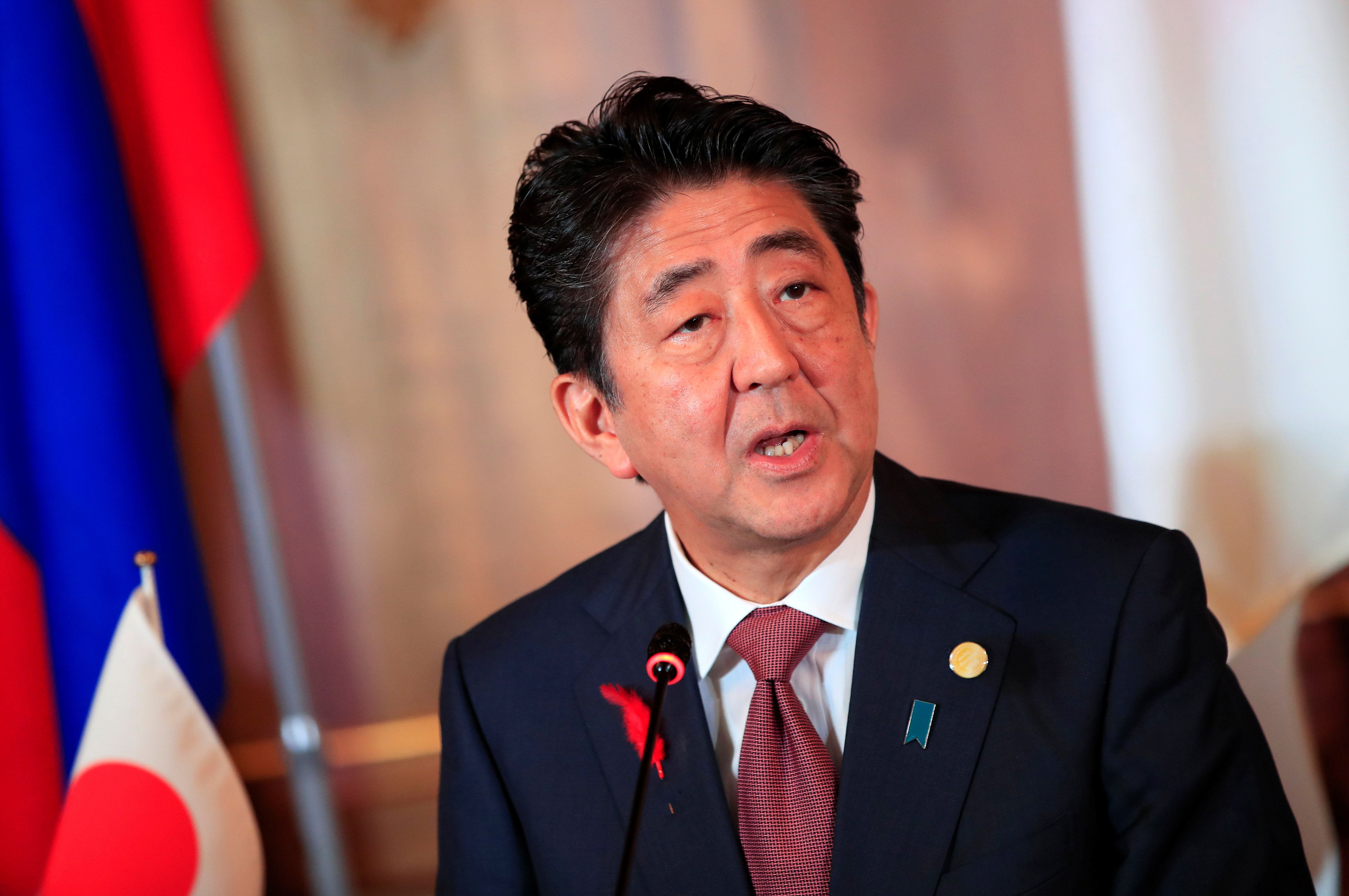Japan is running out of something important: people. Low birth rates have caused the population to shrink for almost a decade, causing labor shortages in some parts of the the economy. As a prominent Japanese financier once told me, gazing out at Mount Fuji from his skyscraper office in Tokyo, “Japan makes many, many things – and unfortunately, babies are no longer one of those things.”
But Prime Minister Shinzo Abe, who recently won a third term in office, has a solution: let in more immigrants. His party is preparing to unveil a proposal that would grant work visas to as many as 500,000 more foreign workers over the next half decade, allowing high-skilled workers to bring their families with them as well. These immigrants would come to do jobs in specific sectors such as agriculture, construction, healthcare and hospitality, and they would not be granted residency.
The plan is a controversial one. For one thing, Japanese labor organizations are worried about foreigners driving down wages. But there is also a broader cultural and political challenge.
Japan is one of the most ethnically homogenous countries on earth. Foreign-born residents make up just 2 percent of the population, and although that number has risen in recent years, it’s still far lower than in Europe or the US where 10-15 percent of the population hails from abroad. What’s more, a majority of Japanese like it that way: close to 60 percent of Japanese think that diversity makes a country worse off, according to a 2017 poll.
Opening up to more foreigners carries a distinct political risk. Japan, almost uniquely among the large democracies, has had no problem with disruptive right-wing populism in recent years. Relatively low-income inequality is surely one reason for that, as is Prime Minister Abe’s own nationalist and anti-elitist streak (Steve Bannon openly admires him), which leaves little room for upstarts from the fringes. But a major reason is also that Japan has so few immigrants – a group universally targeted by successful right-wing political movements elsewhere in the developed world.
Prime Minister Abe therefore has a tricky task ahead of him. At a time when anti-immigrant backlashes have reshaped politics in so many other large democracies he must try to balance the needs of Japan’s economy with the sensitivities of its society
